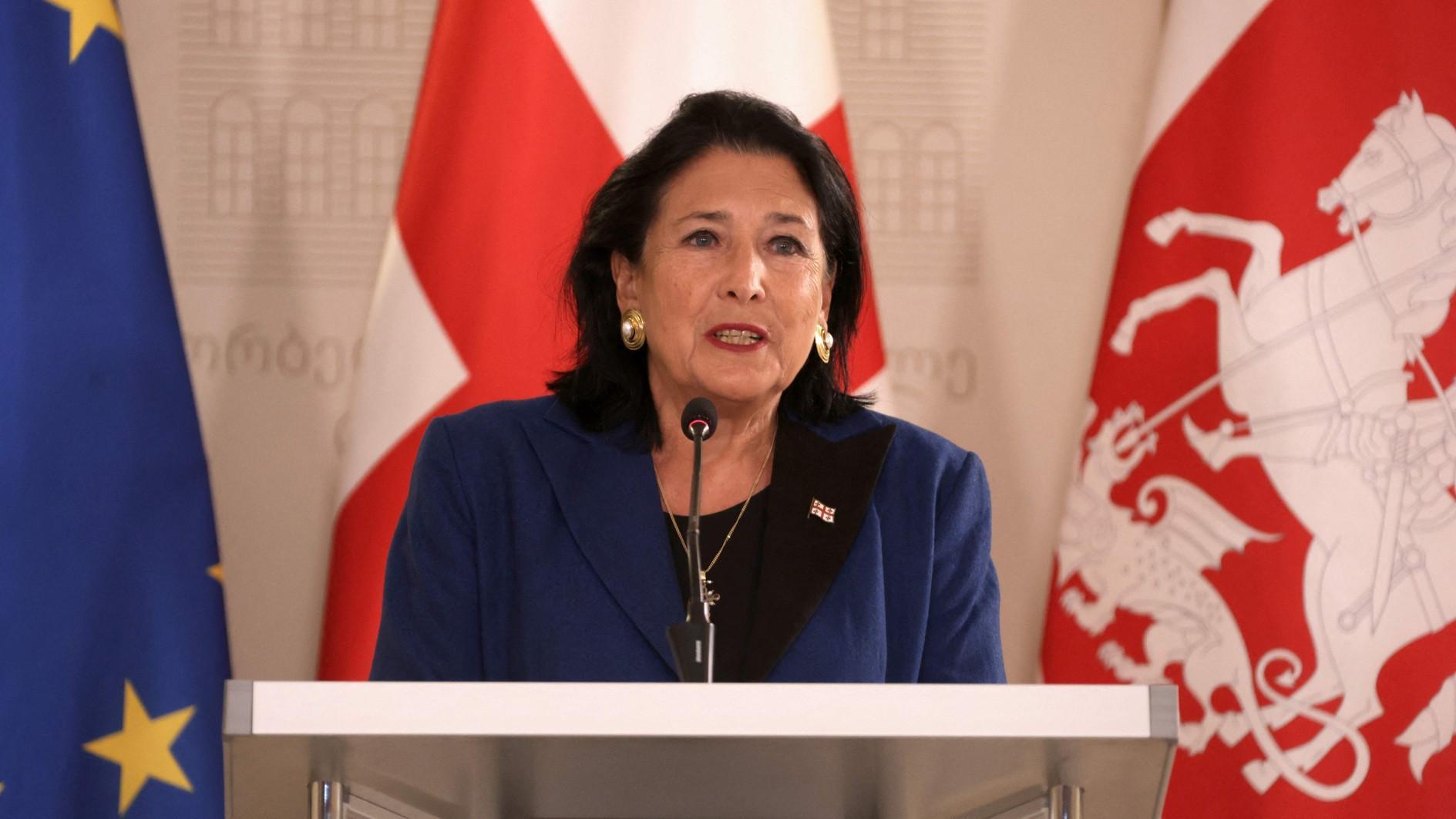Economic data signal SOS
The title could have confused anyone following Turkish data. After all, at 2.6 percent annually, growth for the fourth quarter of 2014, which was released on March 31, came in significantly higher than expectations of 2.1 percent. Figures for the second and third quarters were revised up, and 2014 growth turned out to be 2.9 percent.

But a more detailed look reveals that the data leave much to be desired. Growth was almost entirely from inventory-buildup and private consumption. The former could mean two things: There could be measurement problems in the statistics, which could lead to a downward revision later on. And if the figures are accurate, it means that producers piled stocks, which they will draw upon this year instead of ramping up production.

More importantly, these data are old news. For example, I had noticed, and written about, the rebound in consumption back in December. Since then, financial and political developments have eroded consumer confidence to the extent that the Turkish Statistical Institute’s (TÜİK’s) index hit a six-year low last week.
Similarly, business channel CNBC-e’s preliminary consumer confidence index, which was released on April 1, fell for a third consecutive month in March. Consumer sentiment, the sub-index that measures the appetite for durable goods, is near its all-time low.

These figures are worrying because actual consumption growth usually turns out to be in line with the consumer confidence indices. The same could be said of private investment, which has literally frozen up for a while now. The real sector confidence index is hinting that it did not thaw in the first quarter of 2015 either.

TÜİK recently started publishing an economic confidence index, which is simply an aggregation of the agency’s different confidence indices. Even though it is only available from 2012, it seems to be a good leading indicator of headline growth, and it is suggesting, along with other leading indicators, that the Turkish economy expanded less 2 percent annually in the first quarter.

Most recent data are not flashing even a glimpse of hope either. The purchasing managers’ index (PMI), which was released on April 1, continued its downfall from November of last year in March as well. It is now at its lowest level since April 2009, when growth had plummeted and unemployment peaked. The index is well-correlated with industrial production, and so producers could have already begun using the stocks that they built during the last quarter of 2014.

Trade data are equally dismal. The annual change in imports excluding gold and energy was negative for a sixth consecutive month, supporting the slowdown hinted by other indicators. You could argue that, with contracting imports, external demand could end up supporting growth, but exports are not in a much better shape: According to preliminary data from Turkish Exporters’ Assembly (TİM), which are almost perfect leading indicators of the official figures, exports fell 13.4 percent annually in March.

I have been claiming that President Recep Tayyip Erdoğan is responsible for this mess, as his tirades against the Central Bank shook the lira and destroyed confidence. But maybe it is the other way around: Maybe, in his eternal wisdom, he saw the slowdown before us mortals - and acted.










